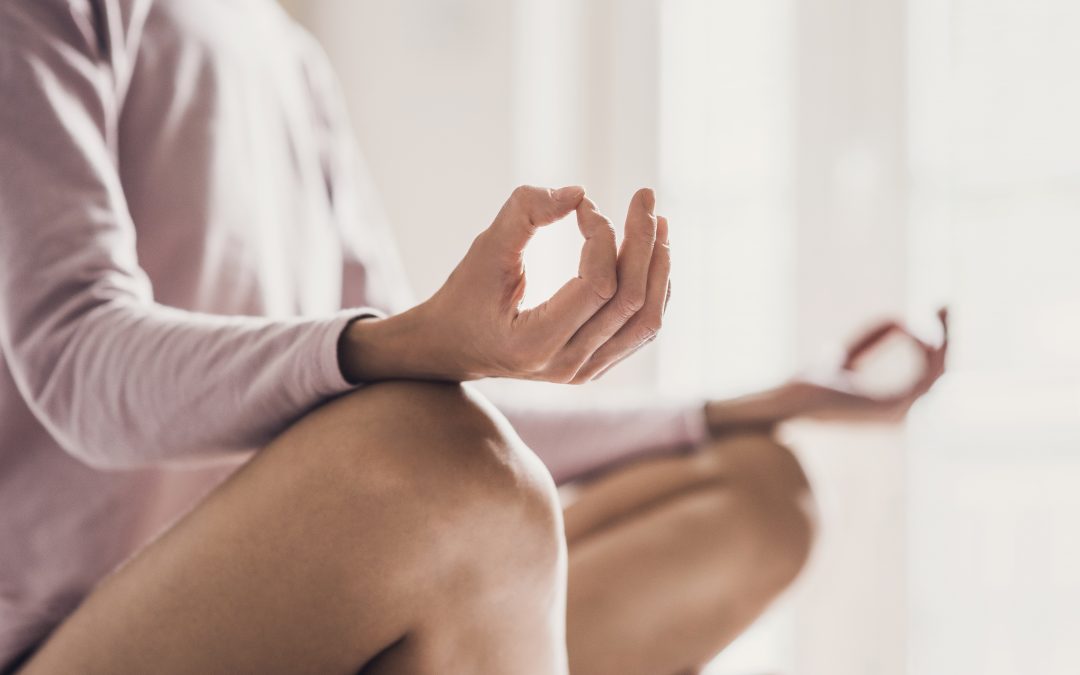The other night my seven-year-old told me that her class was learning how to calm their bodies down when they get upset or have too much energy.
“The teacher called them belly breaths, and told us to breathe in so that our bellies get big and breathe out so that our bellies get flat. It’s the same as what you call deep breaths. And I just keep wondering: Do people really make it all the way to second grade without knowing how to breathe?”
I told her that lots of people make it through their whole lives without realizing the magic of breathing.
And it really is magical. Someone laughed at me the other day for saying that I love breathing, and while I realize that it sounds ridiculous, it is incredibly true. Growing up with severe asthma, I realize how terrible it feels not to be able to get a good breath. But my love for breathing goes far beyond that I-need-it-to-survive level.
I know of no quicker, simpler, more effective way to calm down than taking deep breaths. There aren’t many self-regulation tools that are available at all times and in all places. Breathing can connect me to my thoughts, my feelings, and prayer more quickly than any other method I know. Breathing can help wake me up when I feel sleepy and calm me down when I feel restless or anxious.
I’m not going to be as cliché as to tell you to enjoy every breath, but I do want to encourage you to think about what a gift it can be to breathe, and even more so to pay attention to your breathing.
Lest you discard this as crazy rambling or voodoo, I assure you that there is solid science behind the magic of breathing.
Our body has two peripheral nervous systems, the sympathetic nervous system (SNS) and the parasympathetic nervous system (PNS). To put it simply, the SNS gets us revved up and the PNS slows us down.
When we inhale, we suppress the SNS and when we exhale we activate the PNS. This allows the body to calm down and promotes a state of calmness and relaxation. It also increases the supply of oxygen to the brain, increasing clarity and reasoning.
Take a moment right now to try it. Sit down in a comfortable position with your hands on your lap or resting on your stomach. Breathe in through your nose for four counts, then slowly breathe out through your nose for six counts. Repeat this six times.
How did it feel? What was that experience like for you?
Taking intentional, slow breaths can help us calm down, wake up, feel less anxious or agitated, and think more clearly. Let’s not underestimate the psychological and emotional power of a good breath.
When my daughter was two she told me that she was never, ever going to sleep again. She was basically putting words to my deep fear in that moment, and I can remember just staring at her, eyes wide and expression blank.
She put her small hand on my arm and said, “Deep breaths Mama, deep breaths.”
Even then, she knew the power of a deep breath.
As we go through our days, we will continue to breath in and out, most of the time with no awareness at all. But when we need to, we have an incredibly powerful tool right at our disposable, no matter where we are or what is going on around us. Tune into your breath, breathe in deeply through your nose, then exhale deeply. Repeat.


